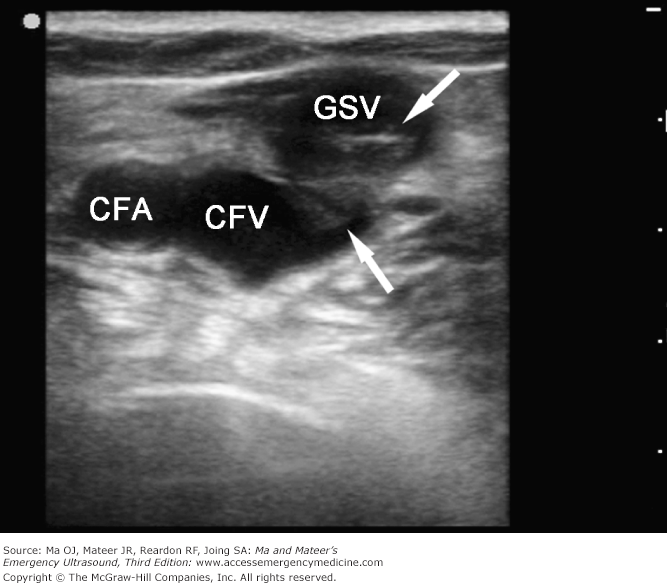[ad_1]
By Linda Perryclear
The good news is that there are many opportunities for providers and payers to develop more effective and collaborative relationships to prevent denials & work more seamlessly together.
1. Invest in Automation
One of the best ways to improve collaboration between payers and providers is to reduce the number of human touch points involved in day-to-day processes. The fewer times a provider staff member has to call or fax a health plan representative, the less chance for miscommunication or lost correspondence. Investing in process automation technology, such as practice management, billing, or revenue cycle management systems, can help streamline workflows across provider organizations. According to key findings in the Fast Prior Authorization Technology Highway (Fast PATH) initiative, 71 percent of providers reported faster time to patient care after implementing an electronic prior authorization process. Additionally, 54 percent of users reported fewer phone calls to health plans, and 58 percent reported fewer faxes as a result of the electronic prior authorizations process.
If your organization is evaluating automated systems, make sure to consider its underlying clearinghouse during your analysis. They play a critical role in helping payers get the right content to providers at the right time and in the right place. By deeply integrating within pre-service, post-service, and post-adjudication electronic health record (EHR) workflows, clearinghouses can improve the entire experience. For example, one health system was able to prioritize claims that needed attention, saving hundreds of days of staff productivity, reduce days in accounts receivable by nine days, and accelerate cash flow by $4 million in the first month post-implementation.
2. Adopt Payer-Sponsored Tools and Technologies
Payers introduce many new tools and processes to their provider networks intending to help streamline operations. Too often, however, those tools don’t have the desired impact because providers either don’t know they’re available or don’t know how to fully leverage them. For example, payers frequently make available updated claims edits that can help providers reduce denials, but the volume and frequency of these edits make it difficult for providers to implement and manage.
This is another case where your clearinghouse can help your organization better process information from payers. The clearinghouse serves as a critical intermediary, translating payer requests into actionable items for your organization. If the payer needs to change a field, form, or data input, the clearinghouse can assess next steps at both the technical and process levels, and then explain changes your organization should make in easy-to-understand terms.
3. Build Payer-Specific Denial Management Skills among Staff
Administrative staffing has always been a challenge for hospitals and provider organizations, and the US’s current labor shortage is only exacerbating this problem. While you might think the best option is to train all provider staff as generalists, there’s a case to be made for developing payer-specific skills for working denials and filing appeals.
When an individual staff member specializes with one payer, they are more likely to understand common requirements or nuances to the payer, how appeals must be processed, what documentation is required, etc. This insight can help your organization identify payer-specific process improvements that ultimately lead to faster processing and improved productivity.
4. Leverage Analytics to Prevent Denials
Working denials is a critical and costly part of the revenue cycle workflow. But to reiterate the point above: The less you have to communicate with payers, the smoother the processes flow. That’s why you shouldn’t just focus on working denials; rather, you should also be focusing on preventing them in the first place.
According to MGMA, 9 percent of hospital charges are initially denied by the payer, and it costs an average of $118 per claim to appeal.
Successful organizations have implemented a focused and continuous process to prevent denials where they identify trends, take actions on findings, and then begin monitoring for new opportunities.
Analytics can help you better understand what causes denied claims. It’s usually different for each payer. Armed with this information, you can re-visit processes to prevent denials from happening in the first place.
The pandemic has changed the way payers and providers collaborate. As the industry continues to operate in a new normal, the momentum must continue.
[ad_2]











